


RITA ® Award-Winning Author of Fantasy Romance



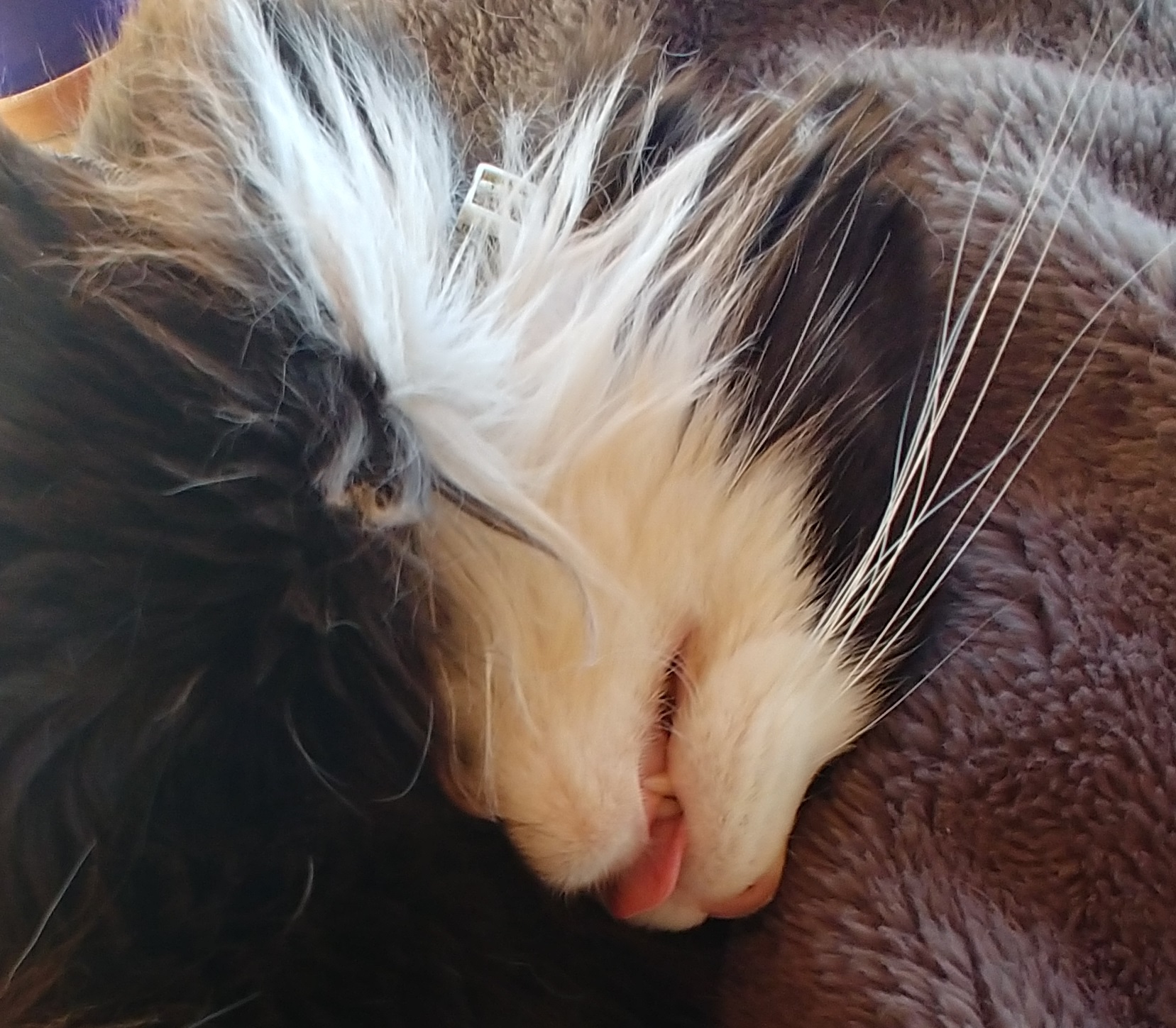
Our topic this week at the SFF Seven is: Beware the Ides of March: Fav/Most Intriguing Method of (Fictitious) Murder. Come on over to vote for yours!

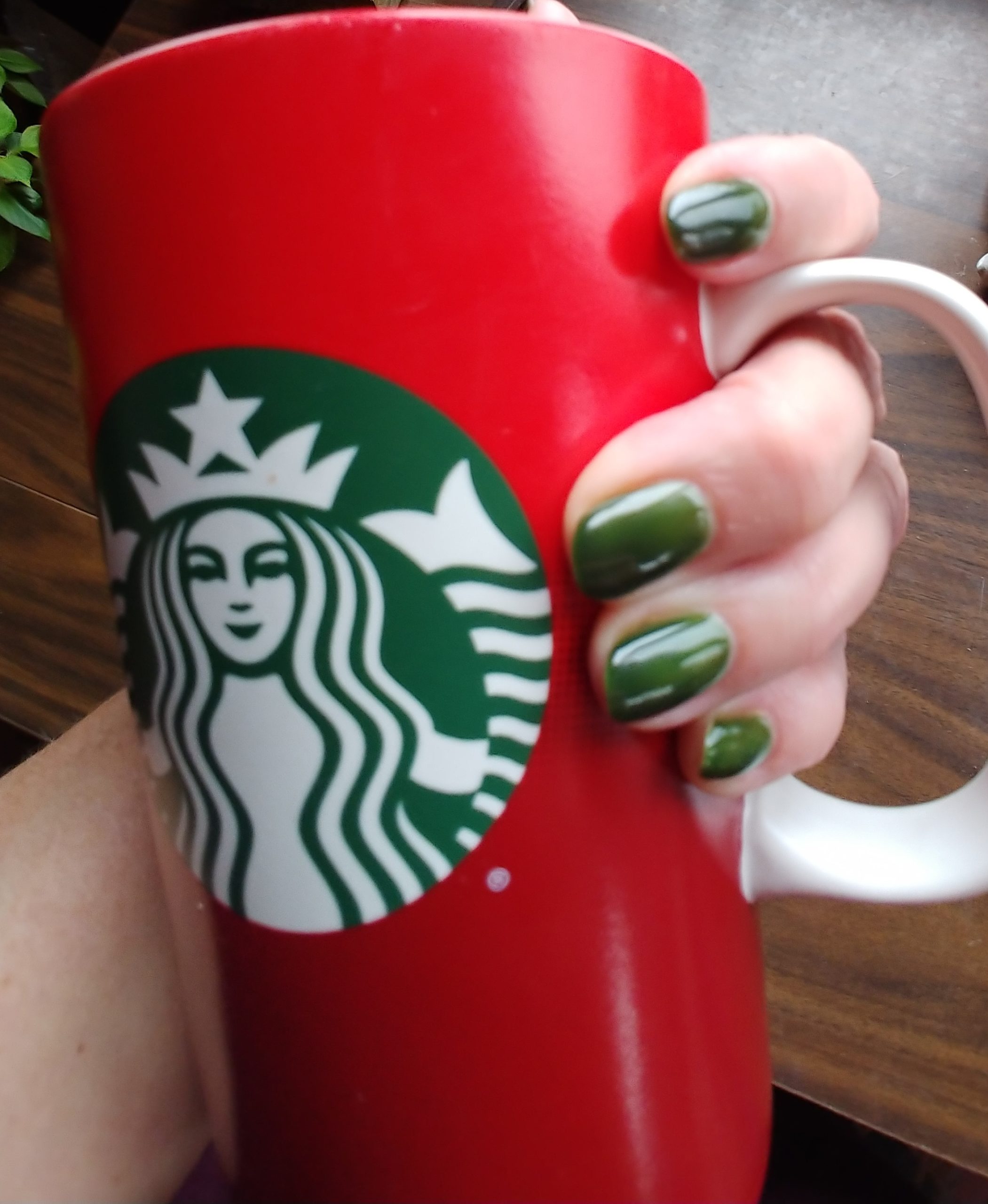



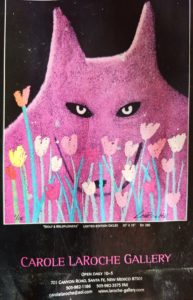

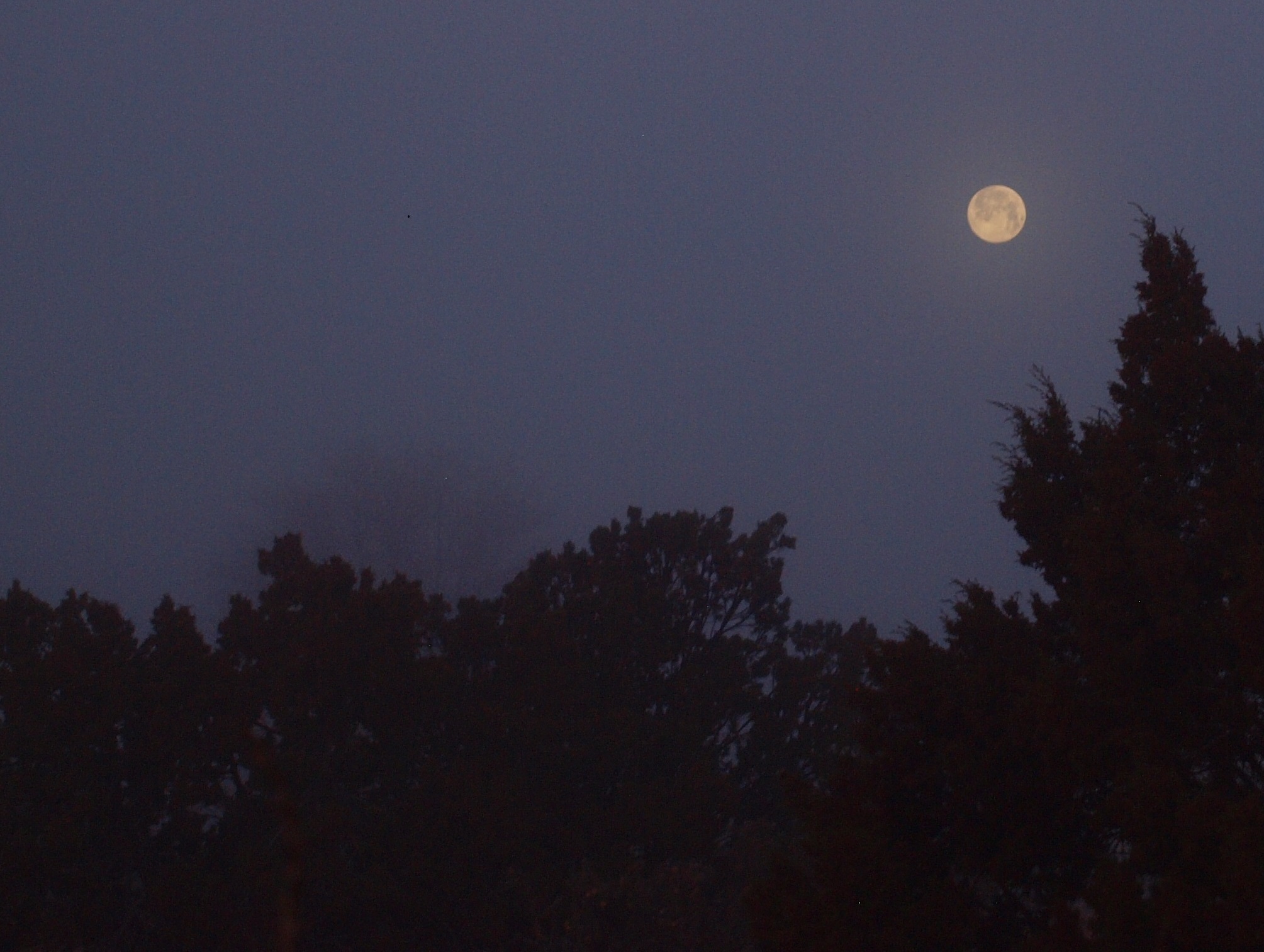
I’ve been complaining a bit lately about the internet.
Well, maybe “complaining” is the wrong word. I’ve been thinking a lot about how surfing the internet rewires our brains and impacts peace of mind and productivity. And the steps I’ve been taking to counteract that – staying off the internet for the first couple of hours of the day, not looking at any email or social media until after I’ve gotten my three-thousand words written – have been truly revelatory. At the risk of jinxing myself, I’m making wonderfully smooth and steady progress on THE PROMISED QUEEN, and it’s felt fantastic. Plus I have more energy and focus for dealing with stuff like email in the afternoons.
But, as we in the U.S. are holding our collective breaths, waiting to see if the COVID-19 pandemic explodes beyond the current, relatively low levels here, we are talking a lot about self-isolation and social distancing. Other countries are much more experienced with those measures to quell epidemics and minimize the community spread of disease, so in the U.S. we’re having to think our way through it. Those of us who work from home already, and who tend to be introverts happy with little external social life have an advantage. I’m still laughing at this XKCD:
(The mouse-over text says “Turns out I’ve been ‘practicing social distancing’ for years without even realizing it was a thing!”)
As I weigh what social events matter enough for me to attend – and my major concern is that I could carry the virus and spread it to others – I am counting my blessings that I have social media. Used judiciously and with intention, social media can be a wonderful tool. It connects us to the world at large, literally! I have friends all over the world I can connect with and enjoy.
Who knows – maybe we’ll be doing Hangouts video calls with cocktails in our separate homes while we wait this out. I don’t see that as a dire prediction of the future as so many seem to. (SFF writers, who are a lot of my author friends, are super good at spinning dystopian futures.) It’s a temporary fix, until we beat this bug and can hug again without worrying about the consequences.
It’s way better than not having any contact at all.



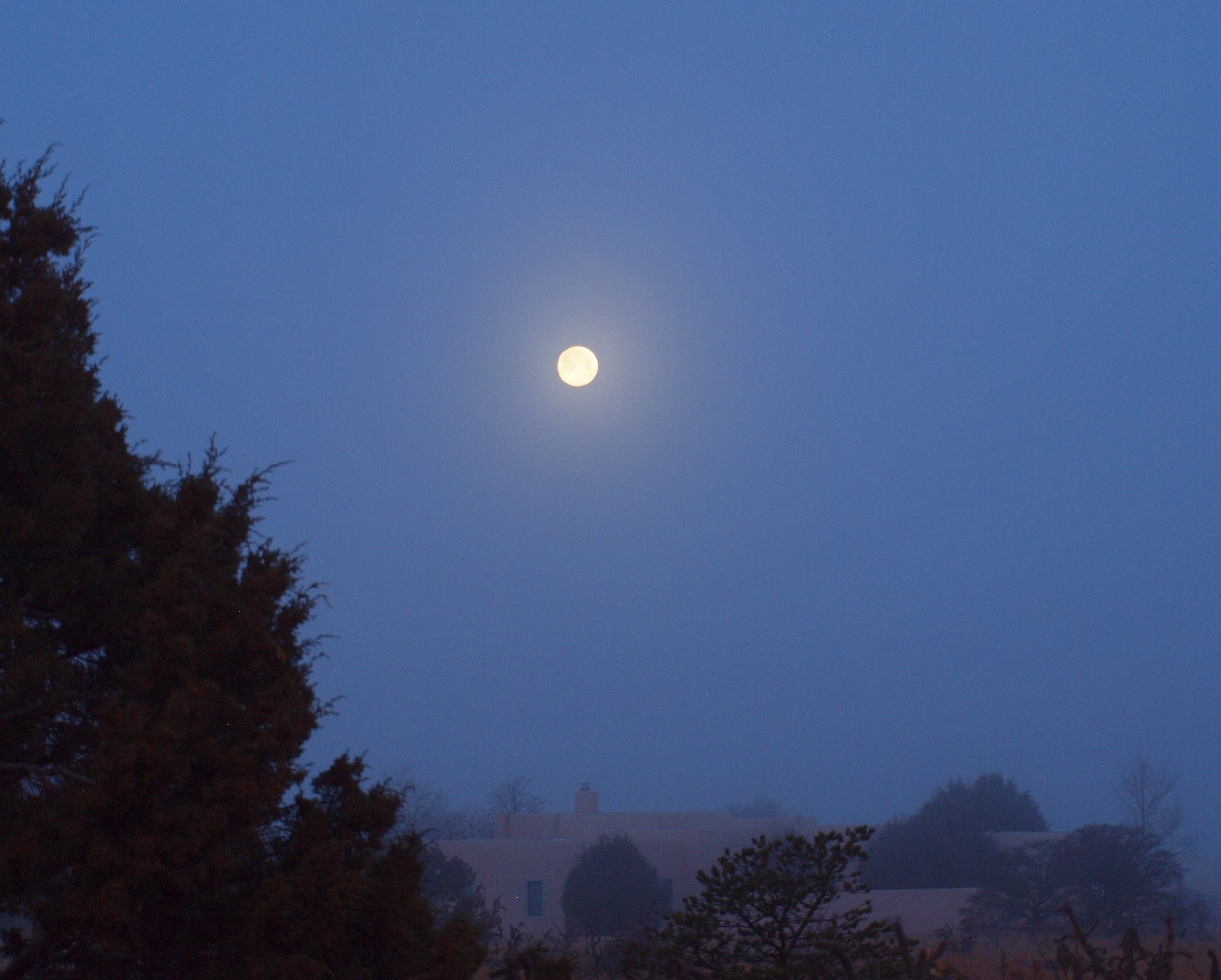
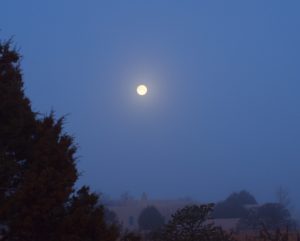

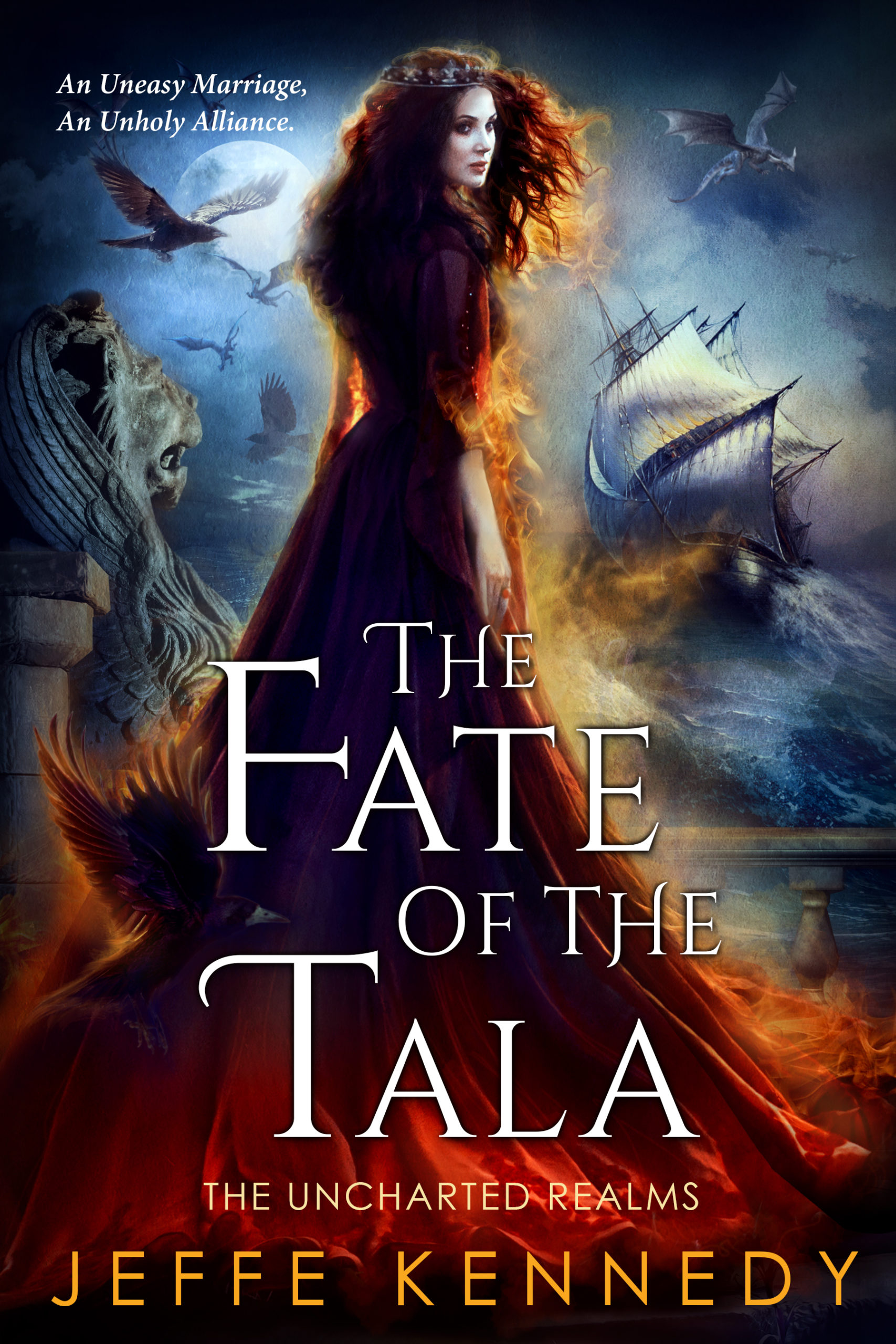
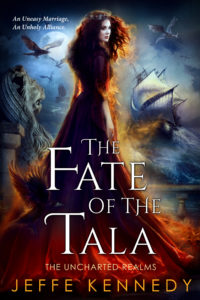 Our topic at the SFF Seven this week is: “The most difficult scene you ever wrote and why.”
Our topic at the SFF Seven this week is: “The most difficult scene you ever wrote and why.”
I’m guessing that’s why was it difficult, not why we wrote it. Though I do think the why we wrote the scene in the first place is relevant.
There’s a school of thought among writers and writerly-advice givers that if a story becomes difficult – if the writer hits a block and grinds to a stop – then that’s an indicator of Something Gone Wrong. I see this advice a lot. Writers will say – often in response to questions about how they handle Writer’s Block – “When I hit a block, I know I’ve done something wrong, taken a wrong turn somewhere, so I go back and rework the plot.”
You all have heard a version of this, right?
Makes me cringe every time. I’ll tell you why. But you have to go to the SFF Seven to find out.





